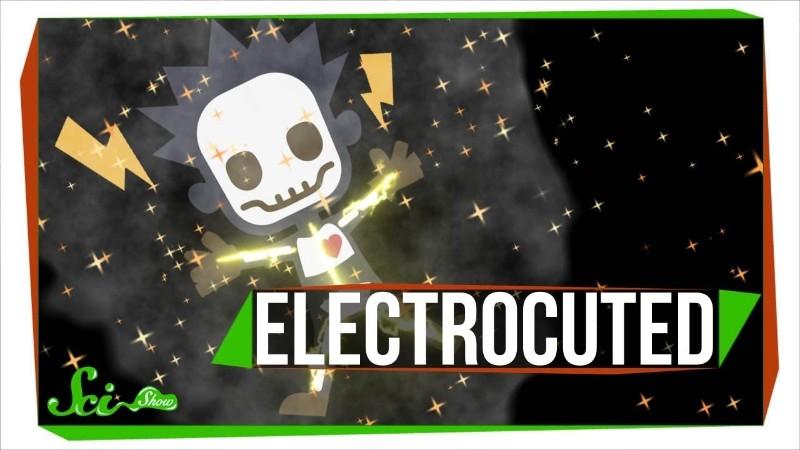What is happening to the human body when you are being electrocuted
Electric Shock Mechanism in the Human Body
Hank Greene: In anime and manga, you know right away when someone gets electrocuted. Skeletons shimmer through, hair rises straight up, smoke everywhere. A shiny electric light comes out from the body.But the actual electric shock is much less flashy and more dangerous.
Strictly speaking, fortunately, even if we say "electrocution", most of them are "electric shocks" in which an electric current runs through the body.
The word electrocution originates from a combination of the words "electric" and "execution" and was specifically coined to describe death by electric shock.

Whether an electric shock leads to electrocution depends on the nature of the current involved. Electric current is the flow of electric charges that electrons and ions have, and the human body reacts very sensitively to electric current. This is because the body itself is constantly using electrical current.
For example, tiny electrical pulses of ions that move across cell membranes activate neurons, allowing them to move and thus speak to you.
So if you get an electric shock and a current that is much stronger than the current in your body passes through your body, the cells that pass through it can overreact to the rushing electricity.
A very weak electric current may only tickle your skin. In severe cases, the electrical current can overstimulate nerves and muscles, causing mild to severe burns, muscle contractions, and seizures.
The amount of current is measured in amperes, but as little as 20 milliamps can lead to loss of diaphragm control and respiratory arrest. 100 milliamps can cause cardiac arrest.
Cell phone chargers draw over 100 milliamps of current, but touching a power cable won't electrocute you. I'm not saying "try it".
The reason it's not fatal is that the amount of current in the cable doesn't really matter.